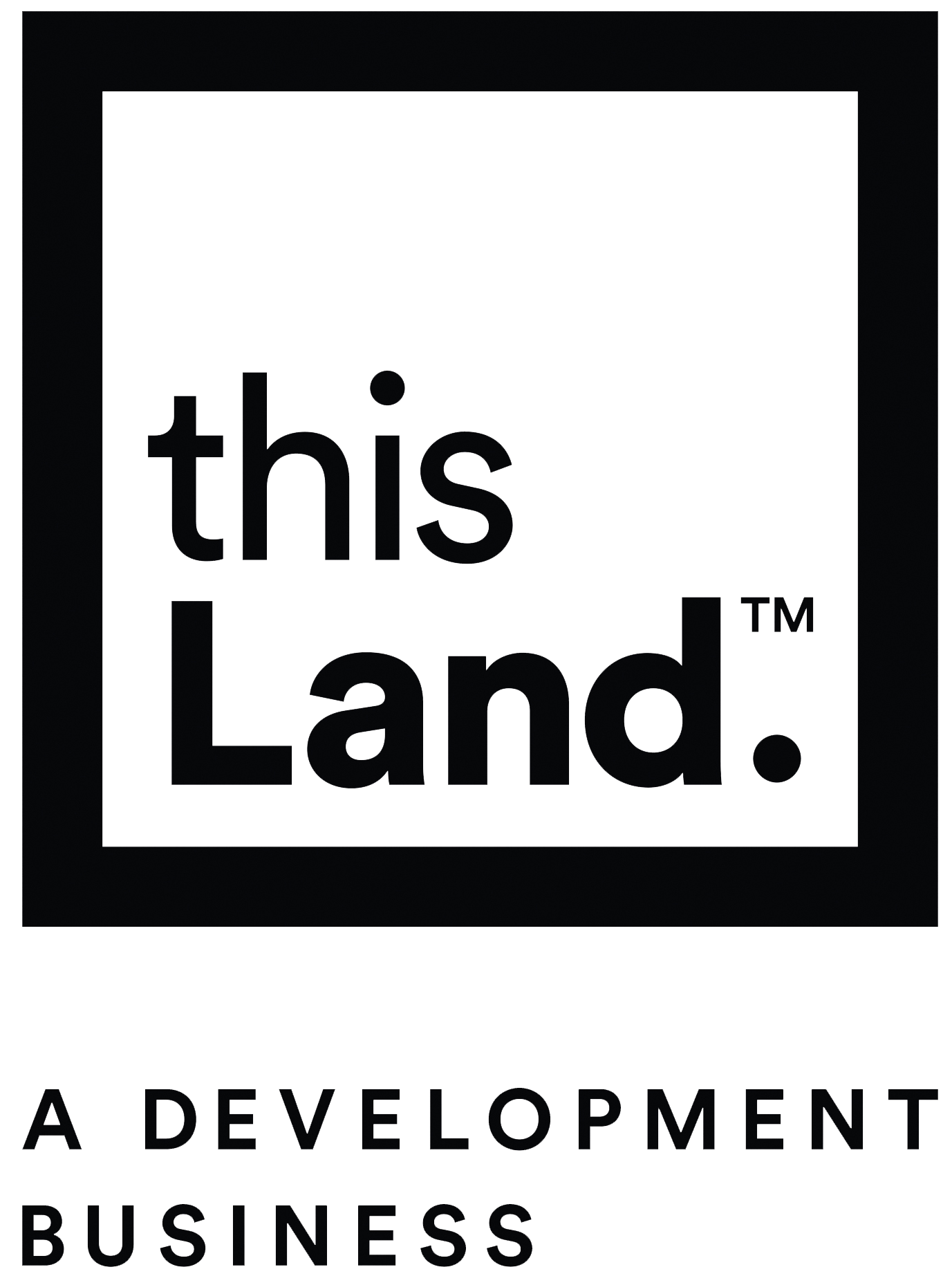Frequently Asked Questions
Buyers will pay a premium for land that has well-considered, quality planning permission. Working with This Land and drawing on the experience of our team of experts will ensure that proposals maximise land value as well as optimising the chance of achieving planning permission.
When valuing land for residential development, developers will consider:
- The quantum of development that the site can deliver;
- The quality and value of the proposed homes, and the scheme as a whole;
- The costs associated with delivering that development; and
- The level risk involved with the project.
There are various types of agreement to facilitate the sale of land for residential development to suit your needs. As a general principle, the less risk there is for the buyer (predominantly planning risk), the higher the price paid. However, landowners do not necessarily need to take on planning risk themselves in order to maximise their land value.
Broadly speaking there are four types of agreement, although there can be a degree of flexibility to enter a hybrid of any of these and include terms to suit each landowner.
This is the simplest form of agreement. A developer will buy the land for an agreed price, with the only condition of sale being vacant possession. This price will reflect the current planning position of the site, albeit with some “hope” value added to its existing use value, in recognition that the land may deliver development at some point in the future.
This type of agreement will allow the landowner to receive money for the land at the earliest opportunity, accepting that the land’s value will reflect its existing use rather than its development value.
Here the developer is contractually bound to buy the land, subject to the grant of planning permission for development. A scope of development and purchase price is generally agreed at the start of the process, with a non-refundable deposit will often be paid to the landowner. The developer will then fund and undertake work to try and achieve a planning permission for development. The developer will be obliged to buy the land at the agreed price on the granting of a satisfactory planning permission.
The purchase price will reflect the land’s value with the benefit of planning permission and give some level of certainty on the purchase price at an early stage. However, the price is generally agreed some time before the land is sold so it may not reflect “today’s” market, and developers may take a more conservative approach when agreeing a purchase price to mitigate risk of changes in house prices and build costs.
This form of agreement is most common on sites with development potential in the short-to-medium term, where the likely quantum of development is known. The landowner has minimal financial risk as this is taken on by the developer.
As the name suggests, an option agreement gives the developer the option to buy that land within an agreed period of time upon certain conditions. As with a subject to planning agreement, the developer will pay a sum to enter the agreement and will fund and undertake all work associated with achieving planning permission.
Most commonly, the developer will only have the ability to exercise the option to buy once a satisfactory planning permission is achieved, with the purchase price at a pre-agreed discount to open market value. This discount recognises the financial and planning risk taken on by the developer in promoting the site.
Open Market Value is agreed between the developer and landowner and their representatives once planning permission is granted on the land, and reflects what the land would be worth if it were widely marketed. This means that both the landowner and the developer have confidence that the value reflects current market conditions and the scheme that has been granted planning permission.
Again, the landowner has minimal financial risk as the developer is responsible for promoting the site through the planning system.
Promotion agreements are most common on larger, longer-term strategic land projects. A developer or promoter pays an upfront premium to a landowner to enter into the agreement. The promoter funds and undertakes all work towards achieving planning permission, using their expertise to maximise the value of the land.
When planning permission is achieved the land will be sold on the open market for the best terms. The promoter will receive a pre-agreed percentage of the sale price to recognise the financial and planning risk they have undertaken. This incentivises the promoter to maximise the land value.
As with option agreements and subject to planning sales, the landowner is subject to minimal financial risk as the promoter will fund all work involved with achieving planning permission.
